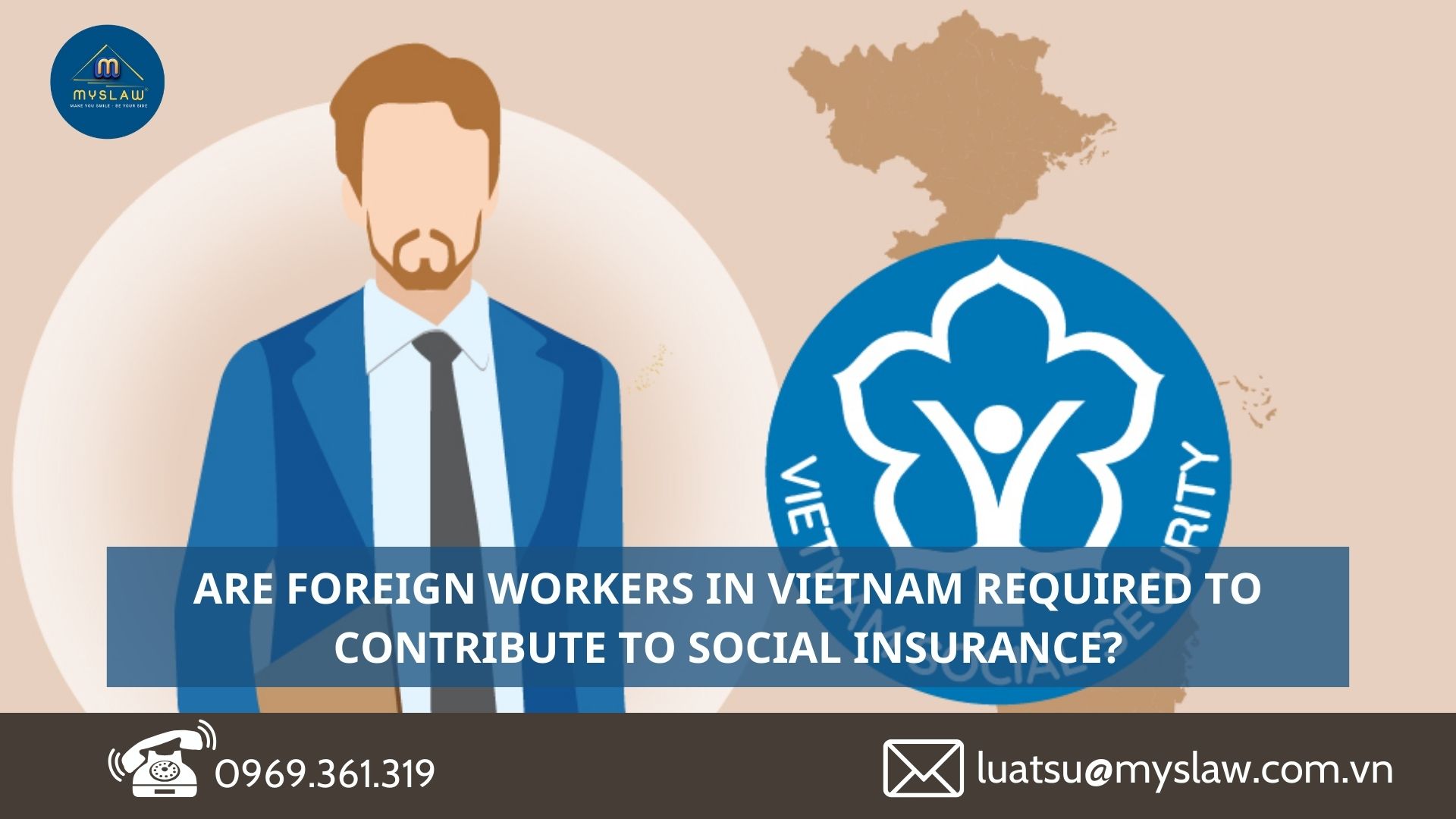1. Are Foreign Workers in Vietnam Required to Participate in Social Insurance?
Under Decree 143/2018/ND-CP, foreign employees working in Vietnam are generally required to participate in the compulsory social insurance program if they meet specific criteria:
- The foreign employee must hold a work permit, practice certificate, or practice license issued by Vietnamese authorities.
- They must be employed under either an indefinite-term contract or a fixed-term employment contract valid for at least one year with a Vietnamese employer.
However, there are exemptions. Foreign employees are not required to participate in compulsory social insurance if:
- They are intra-company transferees under the provisions of Decree 11/2016/ND-CP.
- They have reached the retirement age as specified in the Labor Code 2019, which is 60 years for men and 55 years for women.
2. Contribution Rates for Social Insurance
The social insurance contribution rates for foreign employees are similar to those for local workers. Below is a breakdown of the contribution responsibilities for both employees and employers.
Employee Contributions
According to Article 12 of Decree 143/2018/ND-CP, foreign employees must contribute:
- 8% of their monthly salary to the retirement and death benefit fund.
- If the employee does not work or receive salary for 14 days or more in a given month, they are not required to make contributions for that month. That period will also not count toward their entitlement to social insurance benefits, except for parental leave.
Employer Contributions
Employers must contribute to their foreign employees’ social insurance under Article 13 of Decree 143/2018/ND-CP (as amended by Decree 58/2020/ND-CP). Contributions are based on the employee’s salary and include:
- 3% of the salary for the sickness and parental insurance fund.
- 14% of the salary for the retirement and death benefit fund, effective from January 1, 2022.
Similar to the employee side, if the employee does not work for at least 14 days in a month, the employer is not obligated to make contributions for that month.
3. Additional Considerations for Employees with Multiple Jobs
If a foreign employee has more than one employment contract requiring participation in the compulsory social insurance, contributions will only be made under the first contract. However, the employee may also contribute to the occupational accident and disease insurance fund for each additional contract if they choose.
Conclusion
Foreign employees in Vietnam must contribute to social insurance if they meet the eligibility criteria, with contributions made both by the employee and the employer. The structure is designed to ensure that foreign workers enjoy similar benefits and protections as local workers, promoting equal treatment in the labor market. Employers should be aware of their obligations to comply with these regulations to avoid penalties and ensure proper social coverage for their foreign workforce.
The above information is provided by Mys Law. For any questions regarding the content of this article, please contact 0969.361.319 or email: [email protected] for further clarification. Best regards!






